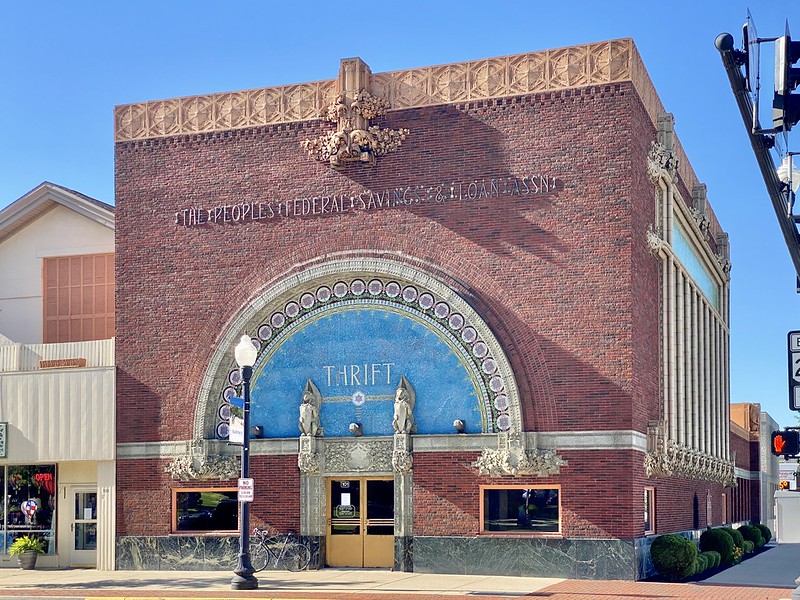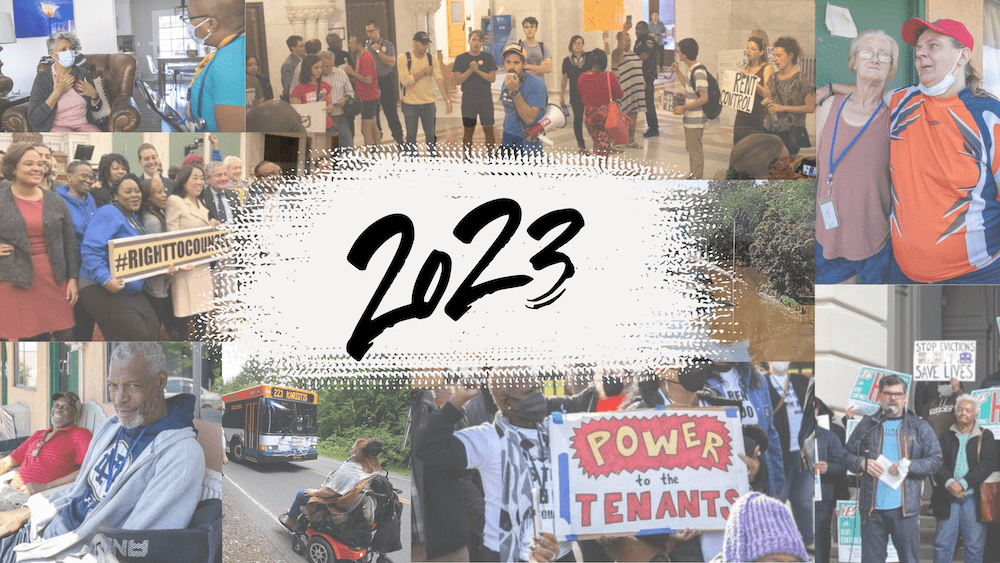
If Congress doesn’t fix our housing finance system sooner rather than later, people all around the country will feel the pain. Why is a stable, liquid system for mortgages so important? It means that people can make housing choices based on life events, like having a baby, getting a job in a new city, or sending the last kid off to college. Buyers can lock their interest rate ahead of time, to avoid surprises at the closing table. Most importantly, sudden changes in the capital markets won’t prevent people from buying or selling a home, and there will be a steady supply of capital to create and preserve rental housing.
It may feel like what we have now, with Fannie Mae, Freddie Mac, and the Federal Housing Administration (FHA) backing more than 90 percent of new mortgages, is working. But it’s just a temporary patchwork left over from the end of the financial crisis, and it can’t do the job indefinitely. Here are five reasons why we need housing finance reform, posthaste:
First, it’s really hard to get a mortgage to buy a home. Lenders are still far more restrictive than Fannie, Freddie, or FHA guidelines allow. As Senator Elizabeth Warren observed at Thursday’s markup, “It’s harder to get a Fannie Mae or Freddie Mac mortgage now than it ever has been.” The average credit score for all purchase loans is still about 730, the same as it was last year. Regulatory changes can help, but until Congress provides certainty as to where housing finance is headed, don’t expect credit to ease up all that much.
Second, Fannie Mae and Freddie Mac have no capital cushion. All they have is a federal guarantee, which makes them and the housing finance system vulnerable. When (not if) we hit another economic downturn, Fannie and Freddie will likely need to call on the federal government for capital again. If that happens, political pressure to raise fees and restrict lending could slow down housing activity right when we need it the most for an economic recovery.
Third, multifamily housing finance shows that reform could be done right. Throughout and after the financial crisis, the multifamily operations of Fannie Mae and Freddie Mac provided liquid capital for new rental housing, and they turned a profit doing so. Their portfolios have maintained enviable default rates compared to single-family. Indeed, the multifamily section of the Senate Banking bill was largely uncontroversial, mostly because it relied on proven models for private capital to stand in front of government backing (for more detail, see my testimony to the Committee).
Fourth, Mel Watt is great, but he isn’t enough. There’s only so much the Federal Housing Finance Agency (FHFA), the conservator of Fannie Mae and Freddie Mac, can do. Watt, recently announced policy changes that move in a useful direction. But FHFA is at least three steps removed from any actual housing development (regulator of securitizers of loans originated for home purchase or refinance)—a lot of what he can do may be like pushing on a string. Watt has also made it clear that it is Congress’ job to define the future of housing finance, not his or his successor’s.
Fifth, housing finance reform could bring new affordable housing resources. The Senate bill includes a dedicated revenue stream to the National Housing Trust Fund, the Capital Magnet Fund, and a newly created Market Access Fund. The approximately $5 billion a year generated by a 10 basis point fee on mortgage backed securities would go a long way toward filling in the gaps in housing need that market forces don’t reach. They are not a substitute for a well-designed housing finance system that serves all, but they would be a great step forward for affordable housing.
That’s why Thursday’s vote in the Senate Banking Committee is so disappointing. To a person, all the Senators agreed that housing finance reform is needed. But the one bipartisan bill we’ve seen this year with a real chance of moving forward got only six Democrat and seven Republican votes out of twenty-two. Several Democrats raised real objections that they and their colleagues should address. The housing finance system must harness the creativity and energy of the private sector to provide homes for people across this country: in cities, suburbs, and rural areas; in houses, apartments, and manufactured homes; for old and young, renters and owners, singles and families, of all backgrounds. To accomplish that, the system must by design serve as broadly as possible, and there must be mechanisms to fill in the remaining gaps.
NHC has put forth a set of principles to guide housing finance reform based on the need for change. But the only way we get there is for Congress to get back to work, either on this bill or another. The longer we wait, the worse things will get for housing.
(Photo by Vijay Gunda CC BY-NC-SA)





Good article. I support your efforts toward housing reform.